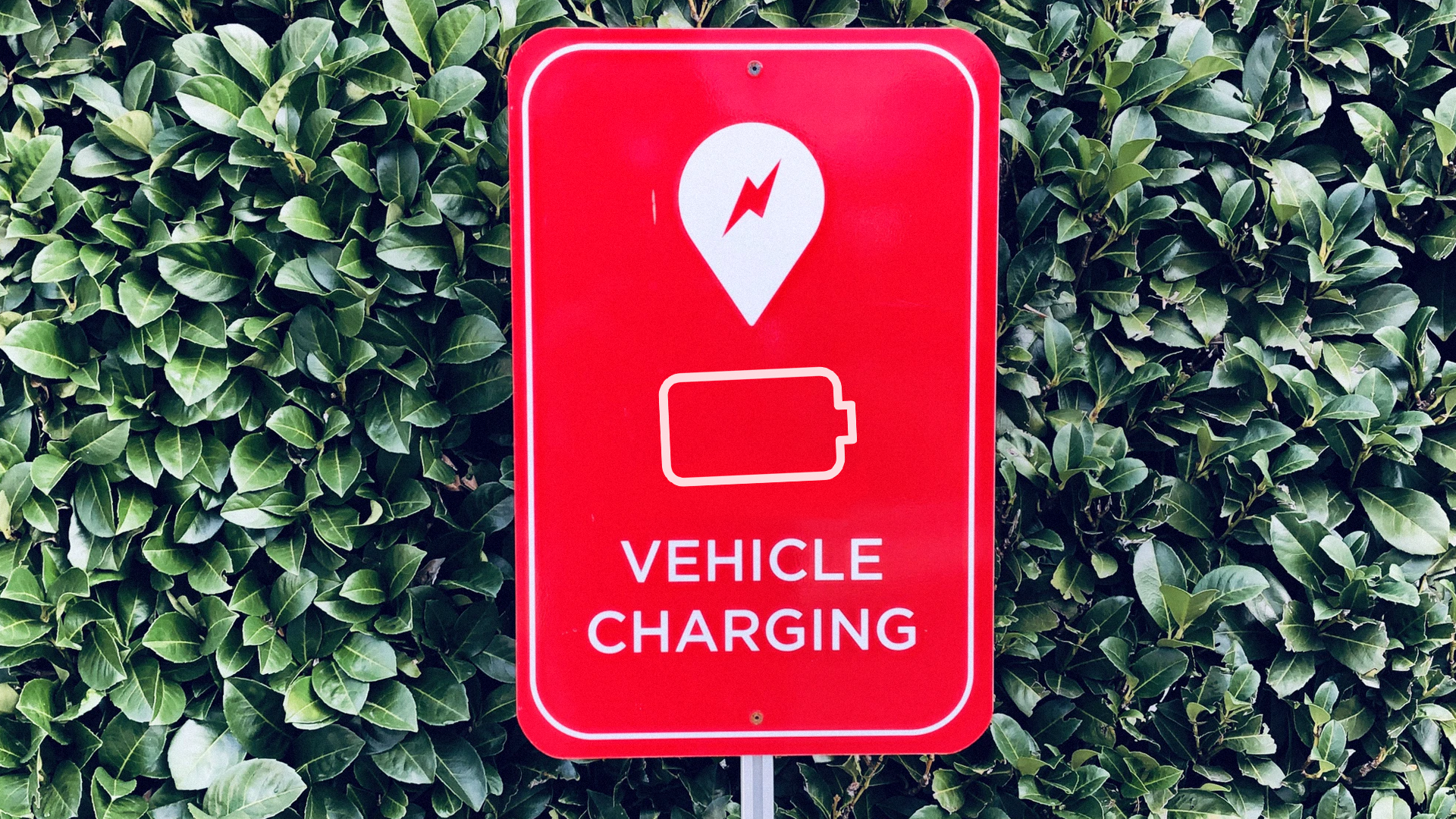Israeli company StoreDot has unveiled the first factory produced, five-minute charging battery, which could make electric cars a more viable option for buyers in the near future.
Electric cars have taken a while to truly take off with consumers.
While big names like Tesla have made them trendy for wealthy celebs and business folks, they’ve yet to capture widespread commercial interest from ordinary people.
The high entry costs coupled with less efficient engines have meant most of us are yet to convert, despite some countries like the UK promising to ban all new petrol and diesel cars by 2035. Charging ports are hard to come by compared to traditional service stations and it can often take hours to fully ‘refill’ the tank.
That might change in the near future, however, as Israeli tech company StoreDot has unveiled a factory produced, fast charging lithium-ion battery that could wipe away much of the current inconvenience surrounding electric vehicles. It’s able to store full battery power within five minutes, and StoreDot says it’ll be reasonably priced and can be mass produced.
StoreDot has already developed over 1000 ‘fast-changing’ batteries for phones, drones, and scooters, and has managed to raise over $130 million USD in investment funding.




















